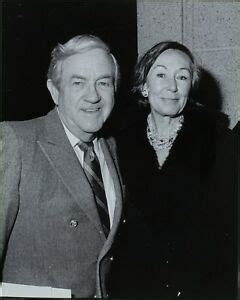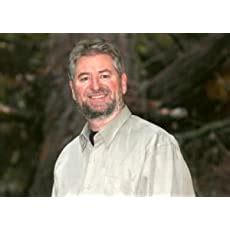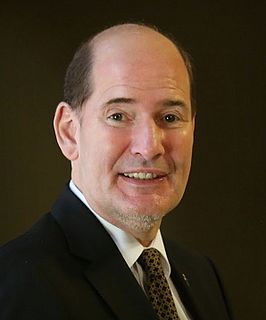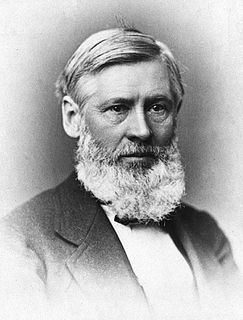A Quote by Alfred Korzybski
If a psychiatric and scientific inquiry were to be made upon our rulers, mankind would be appalled at the disclosures.
Related Quotes
The routine of custom tends to deaden even scientific inquiry; it stands in the way of discovery and of the active scientific worker. For discovery and inquiry are synonymous as an occupation. Science is a pursuit, not a coming into possession of the immutable; new theories as points of view are more prized than discoveries that quantitatively increase the store on hand.
Although I know of no reference to Christ ever commenting on scientific work, I do know that He said, "Ye shall know the truth, and the truth shall make you free." Thus I am certain that, were He among us today, Christ would encourage scientific research as modern man's most noble striving to comprehend and admire His Father's handiwork. The universe as revealed through scientific inquiry is the living witness that God has indeed been at work.
I ask you and all the leaders of the world: Would you act differently, would you keep silent and do nothing if you were in our place? Would you not resist if you were allowed no rights in your own country because the color of your skin is different to that of the rulers, and if you were punished for even asking for equality? I appeal to you, and through you to all the countries of the world, to do everything you can to stop the coming tragedy. I appeal to you to save the lives of our leaders, to empty the prisons of all those who should never have been there.
We must work passionately and indefatigably to bridge the gulf between our scientific progress and our moral progress. One of the great problems of mankind is that we suffer from a poverty of the spirit which stands in glaring contrast to our scientific and technological abundance. The richer we have become materially, the poorer we have become morally and spiritually.
The image is a great reminder how we create our world through interpretations made up of language and symbols. Our language and symbols are always incomplete versions of a greater reality. Here is why inquiry is such a powerful tool when compared to simple advocacy. Inquiry allows us to discover what might be outside the cave instead of arguing about the shadows on the wall.
A contact with an extraterrestrial civilization is the greatest challenge for mankind in the Third Millennium. We would finally realize that we are indeed not alone, what could cause a new Copernican revolution, a quantum leap in our thinking and perspective. We would finally realize that we are one mankind and all the small differences which separate humans from each other today-nationality, race, religion-would disappear. Only together can mankind explore the universe, our true home and destiny.
Mythologies were the earliest dreams of mankind, and in the psychotic delusions of his patients, Jung believed he was encountering those dreams again. Freud, too, believed that the psyche retained archaic vestiges, remnants of our earlier mental world. But for Freud these were a burden we were forced to repress. Jung instead would see them as a reservoir of vital energy, a source of meaning and power from which, through the over-development of our rational minds, modern mankind has become divorced.





































